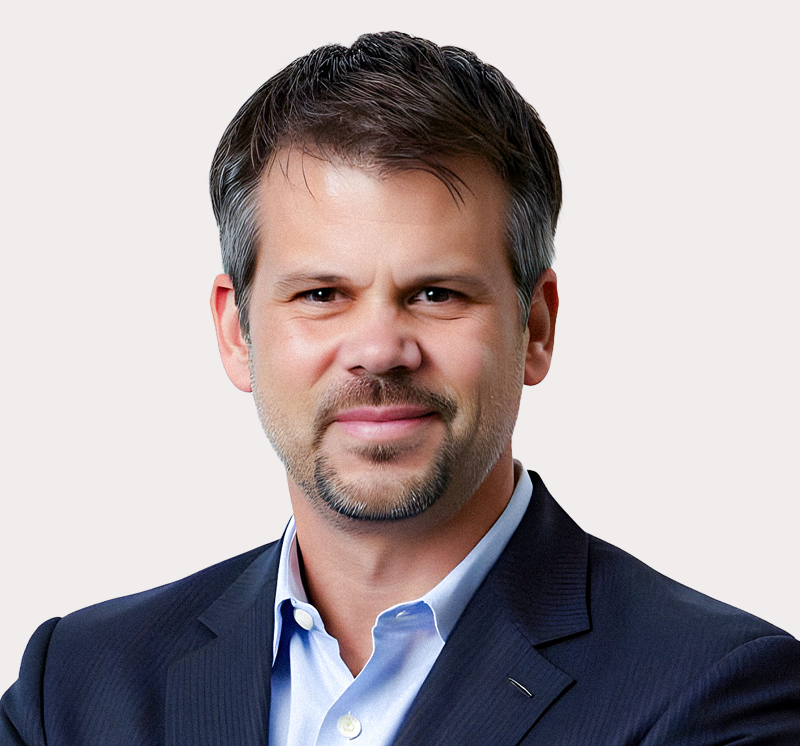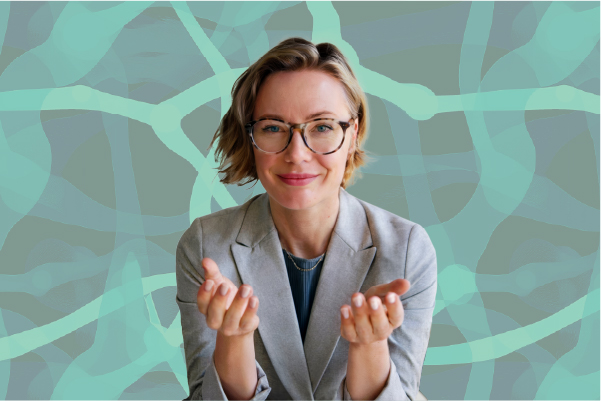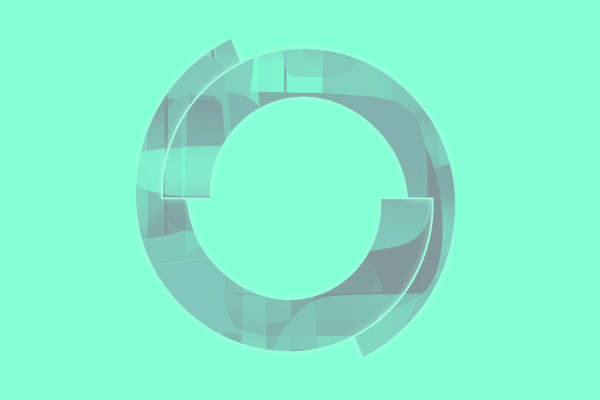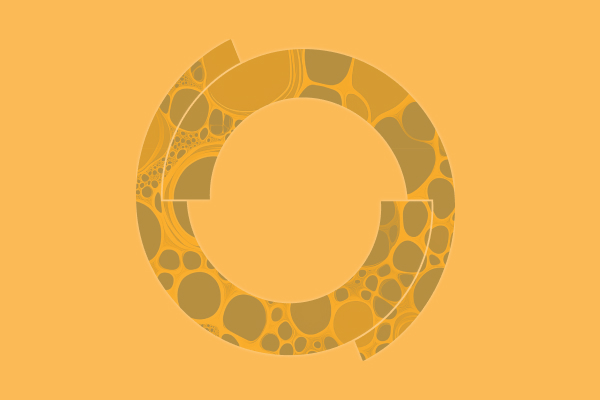View transcript
Karen Jagoda: Welcome to the EmpoweredPatientPodcast.com show. I’m Karen Jagoda. My guest today is Dr. Chris Bouton, the Senior VP and Head of Artificial Intelligence at Certara, certara.com. The topic today is next-generation drug discovery and development. Chris, I want to welcome you to the show today.
Dr. Chris Bouton: Thank you. I appreciate being here.
Karen Jagoda: Tell us about the core mission there at Certara.
Dr. Chris Bouton: Certara helps pharmaceutical and biotech companies throughout their process, from early basic research to regulatory filing and beyond. We’re quite a unique company in that we are not developing our own drugs but instead helping companies develop theirs. Over 90% of all FDA approvals are projects that, in some way, shape, or form, Certara has helped with.
Karen Jagoda: That’s a pretty significant contribution. Now you’re bringing even more interesting tools using generative AI. Tell us how you’re introducing that.
Dr. Chris Bouton: Our philosophy is to start with the use case. Generative AI is an incredible technology with many potential applications, but we focus on how to create efficiencies across Certara’s work. For each use case, we evaluate whether generative AI can help and then build out solutions that combine GenAI, services, data, and software.
Karen Jagoda: When people talk about novel therapeutics, what does that mean to you?
Dr. Chris Bouton: In the small compound design and screening space, GenAI can identify novel therapeutics—compounds or chemical series that might not have been considered before. But human expertise remains essential to decide which discoveries are viable.
Karen Jagoda: What kind of therapies are most impacted by generative AI?
Dr. Chris Bouton: The biggest benefits will come in areas with high biological specificity, such as antibodies, antibody-drug conjugates, and mRNA therapies. At Certara, we use QSP modeling—quantitative systems pharmacology—to model biological systems and identify the best therapeutic targets. GenAI enhances this by scouring literature and client data to find new biological insights.
Karen Jagoda: Would you say that AI’s main advantage is speed and reduction of bias?
Dr. Chris Bouton: Exactly. Finding the “needle in the haystack” and linking data across haystacks is key. GenAI helps us be more comprehensive in identifying what’s known and making new connections. For example, we released a product called CoAuthor, which generates regulatory documents more efficiently—a big step forward for administrative and compliance work.
Karen Jagoda: How are you training your simulation models?
Dr. Chris Bouton: Most clients want secure, private models. We start with base models, then use retrieval-augmented generation (RAG) and proprietary data to make them fit each use case. These are deployed behind the client’s firewall for security—nothing leaves their systems. Certara’s role is to provide specialized GenAI models designed specifically for pharma and biotech needs.
Karen Jagoda: Does that also help with rare and orphan diseases?
Dr. Chris Bouton: Absolutely. Rare diseases often require connecting small, scattered pieces of data—the “needles in the haystack.” Using QSP and GenAI, we can better understand these diseases and identify potential treatments.
Karen Jagoda: Are you finding hidden insights in biological data with GenAI?
Dr. Chris Bouton: Yes. Data silos have long been a problem. Our framework, called Layer, allows clients to interconnect their data silos and run GenAI models securely across them. This helps reveal “what they know but don’t know they know.” Combining public and proprietary data in this way gives clients a powerful, unified information base.
Karen Jagoda: Do some clients resist breaking down silos?
Dr. Chris Bouton: We handle that by keeping all data integration internal. The data never leaves the client’s firewall. Proprietary data is the new gold, so our models must live where the data does.
Karen Jagoda: What advice do you have for leaders trying to balance AI with human expertise?
Dr. Chris Bouton: First, recognize that this is a genuinely new technology—don’t dismiss it. We’re entering the “trough of disillusionment” in the hype cycle, but that’s when the real value emerges.
Second, identify specific use cases that deliver measurable value.
Third, always keep humans in the loop. These tools increase efficiency but must be curated and supervised by people.
Karen Jagoda: Where do you see the biggest AI opportunities in healthcare over the next five years?
Dr. Chris Bouton: Two big areas:
Document automation, where inefficiencies are still rampant.
Biological modeling, leading to better model-informed drug discovery (MIDD). GenAI will accelerate both areas dramatically.
Karen Jagoda: We’re just at the beginning, aren’t we?
Dr. Chris Bouton: Yes. Think of the first iPod—simple and clunky compared to the iPhone today. That’s where we are with GenAI: the early iPod phase. What’s coming next will be transformative.
Karen Jagoda: Before we wrap up, what inspired your passion for AI and drug development?
Dr. Chris Bouton: I have a PhD in molecular neurobiology from Johns Hopkins. I founded a company called Antigen, later acquired by Thomson Reuters. Around 2016, I became fascinated by deep learning and neural networks, which led me to start Vyasa. Certara acquired Vyasa at the end of 2022. It’s been an incredible journey merging neuroscience, AI, and entrepreneurship.
Karen Jagoda: Are you encouraged by your team?
Dr. Chris Bouton: Very much so. I’m lucky to work with a passionate, talented team solving new problems every day. It’s a joy.
Karen Jagoda: Thanks to my guest today, Dr. Chris Bouton, Senior VP and Head of AI at Certara. I’m Karen Jagoda. You’ve been listening to the Empowered Patient Podcast. Thanks for listening, and we’ll see you next time.
Speakers:

Chief Technology Officer
Dr. Christopher Bouton is Chief Technology Officer at Certara, a global leader in biosimulation providing innovative software and services to global pharmaceutical and biotech companies. Prior to Certara, Dr. Bouton was the Founder & CEO of Vyasa Analytics (acquired by Certara in 2023), an AI analytics company applying novel deep learning approaches across the drug discovery pipeline.
Dr. Bouton is an author on numerous scientific papers and book chapters and his work has been covered in a wide range of industry news articles. He holds a Ph.D. in Molecular Neurobiology from Johns Hopkins University and a B.A., Magna Cum Laude, from Amherst College.
Learn more about Certara.AI
Certara.AI is a secure, scalable, and specialized AI platform for life sciences designed to break data silos and enhance analytics capabilities. Unlike generalized GPT platforms, Certara.AI is designed for biomedical R&D, empowering researchers to make evidence-based decisions in drug discovery, clinical trials, regulatory submissions, and beyond.



